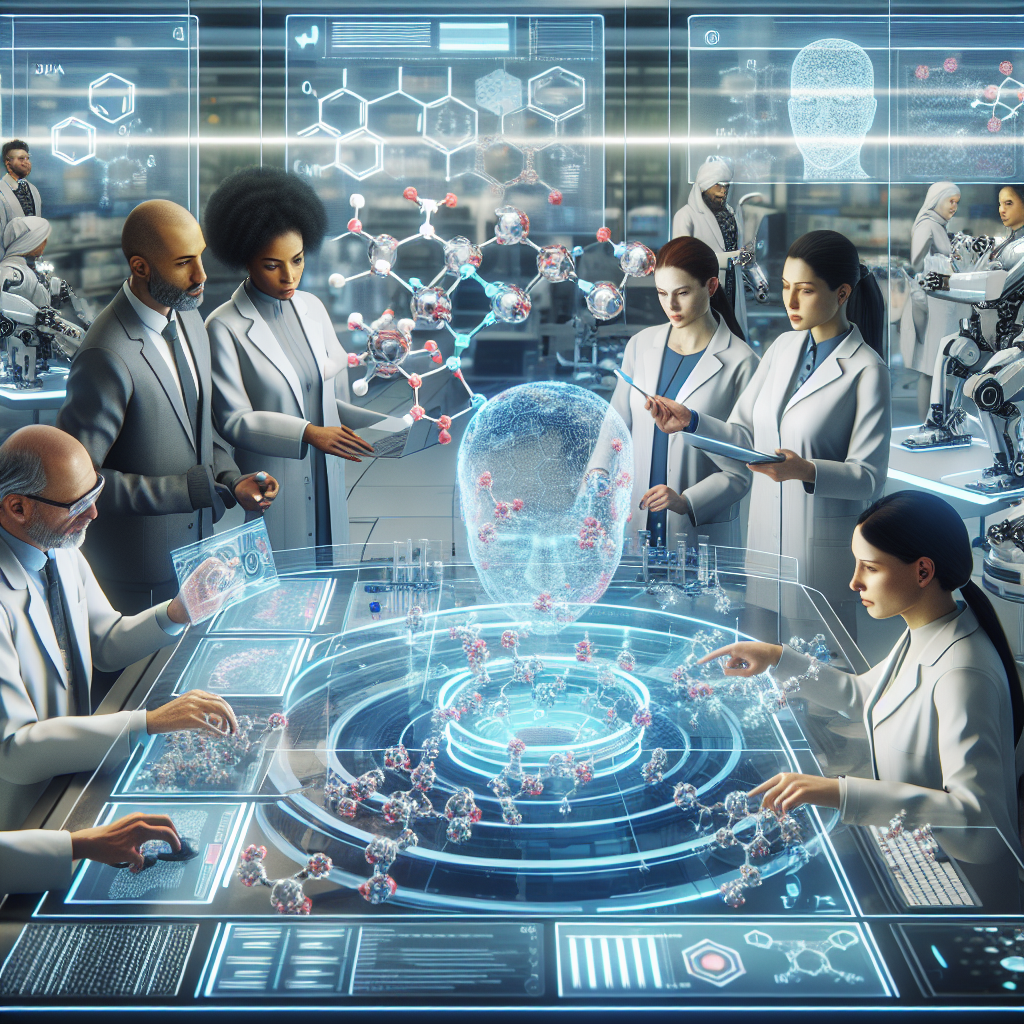Everything You Need to Know About AI in Pharmaceuticals
Hey there! Curious about how artificial intelligence (AI) is shaking things up in the pharmaceutical industry? You’re in the right place! Let’s dive into some common questions and see how AI is transforming the way we discover, develop, and distribute medicines.
What Is AI in Pharmaceuticals?
In simple terms, Artificial Intelligence in pharmaceuticals refers to the use of sophisticated algorithms and machine learning techniques to enhance various aspects of drug development and healthcare. From predicting drug interactions to automating research analysis, AI is becoming a powerful ally in advancing medical science.
How Is AI Used in Drug Discovery?
Great question! Drug discovery is one of the first steps in bringing new medications to market. Here’s how AI plays a role:
- Data Analysis: AI can sift through massive datasets to identify potential drug candidates quicker than traditional methods.
- Modeling: It helps in creating precise models to predict how different compounds interact with biological targets.
- Virtual Screening: AI-driven virtual screening can evaluate thousands of molecules to find promising candidates without the need for physical testing.
By speeding up these processes, AI helps in identifying potential drugs faster and more efficiently, saving both time and money.
Can AI Help in Clinical Trials?
Absolutely! Clinical trials are crucial but often lengthy and expensive. Here’s how AI is making a difference:
- Patient Recruitment: AI can analyze medical records to find suitable candidates for trials, making recruitment quicker.
- Monitoring: Real-time data analysis helps in monitoring patient responses and identifying adverse effects early.
- Predictive Analytics: AI can predict trial outcomes and optimize trial designs, potentially reducing failure rates.
This means more effective trials, quicker approval times, and safer medications for everyone.
What About Personalized Medicine?
Personalized medicine is all about tailoring treatments to individual patients based on their genetic, lifestyle, and environmental factors. AI excels in this field by:
- Genomic Analysis: AI can analyze genetic data to identify mutations and variations that may affect treatment efficacy.
- Predictive Modeling: It helps in forecasting how a patient might respond to a particular treatment.
- Customized Plans: AI can devise personalized treatment plans that optimize the effectiveness of therapies.
With AI, the era of one-size-fits-all medication is gradually fading, making way for treatments designed just for you.
Are There Any Challenges?
Indeed, there are some hurdles to overcome:
- Data Privacy: Handling sensitive patient data requires stringent privacy measures.
- Integration: Incorporating AI into existing healthcare systems can be complex.
- Regulation: Ensuring AI models meet regulatory standards is an ongoing challenge.
- Bias: AI systems can inherit biases from their training data, leading to skewed results.
Despite these challenges, the potential benefits of AI in pharmaceuticals are immense and well worth the effort.
What Does the Future Hold?
The future of AI in pharmaceuticals looks incredibly promising. Here’s a sneak peek:
- **Enhanced Drug Discovery:** AI will continue to expedite the discovery of new drugs.
- **Advanced Diagnostics:** Improved diagnostic tools powered by AI will enable earlier and more accurate disease detection.
- **Smarter Clinical Trials:** AI will further streamline clinical trials, making them more efficient and less costly.
- **Better Patient Outcomes:** Ultimately, AI will help create more effective treatments and improve overall patient care.
In summary, AI is revolutionizing the pharmaceutical industry, bringing exciting advancements in drug discovery, clinical trials, personalized medicine, and beyond.
Thanks for joining me on this journey! Got more questions? Feel free to ask. 😊
